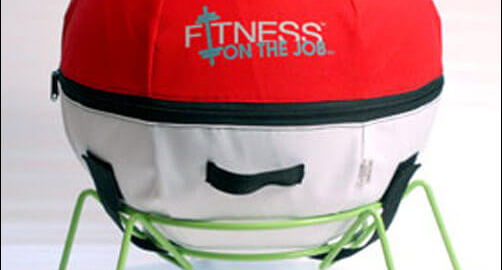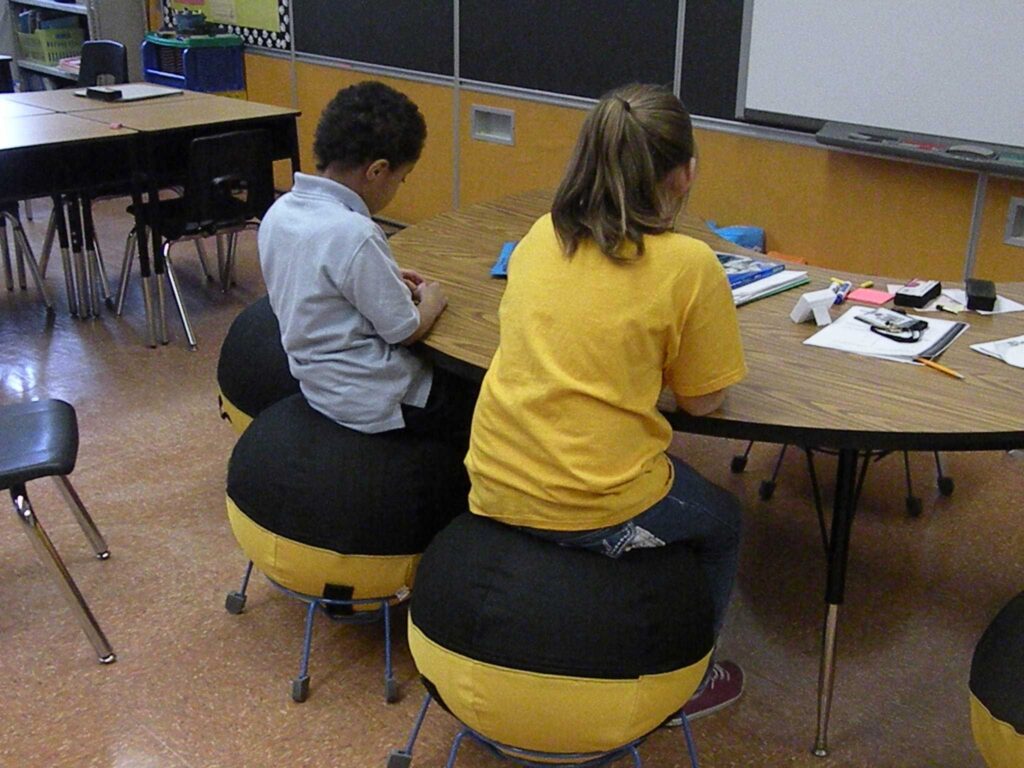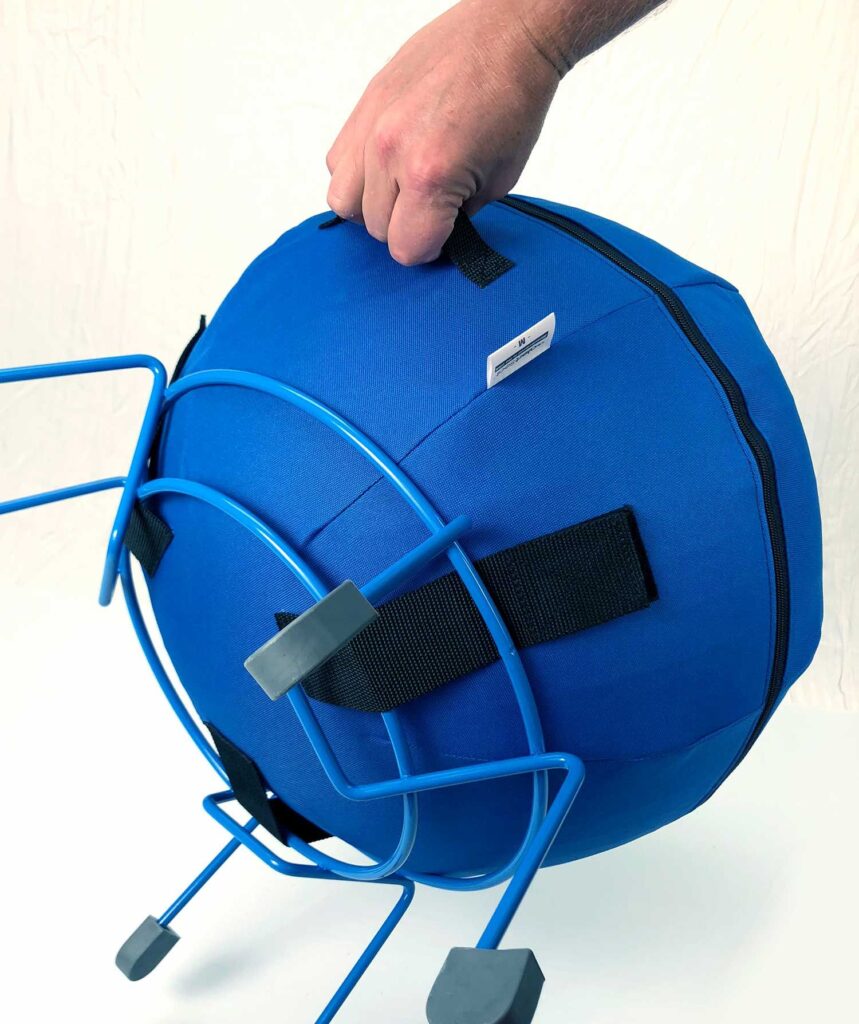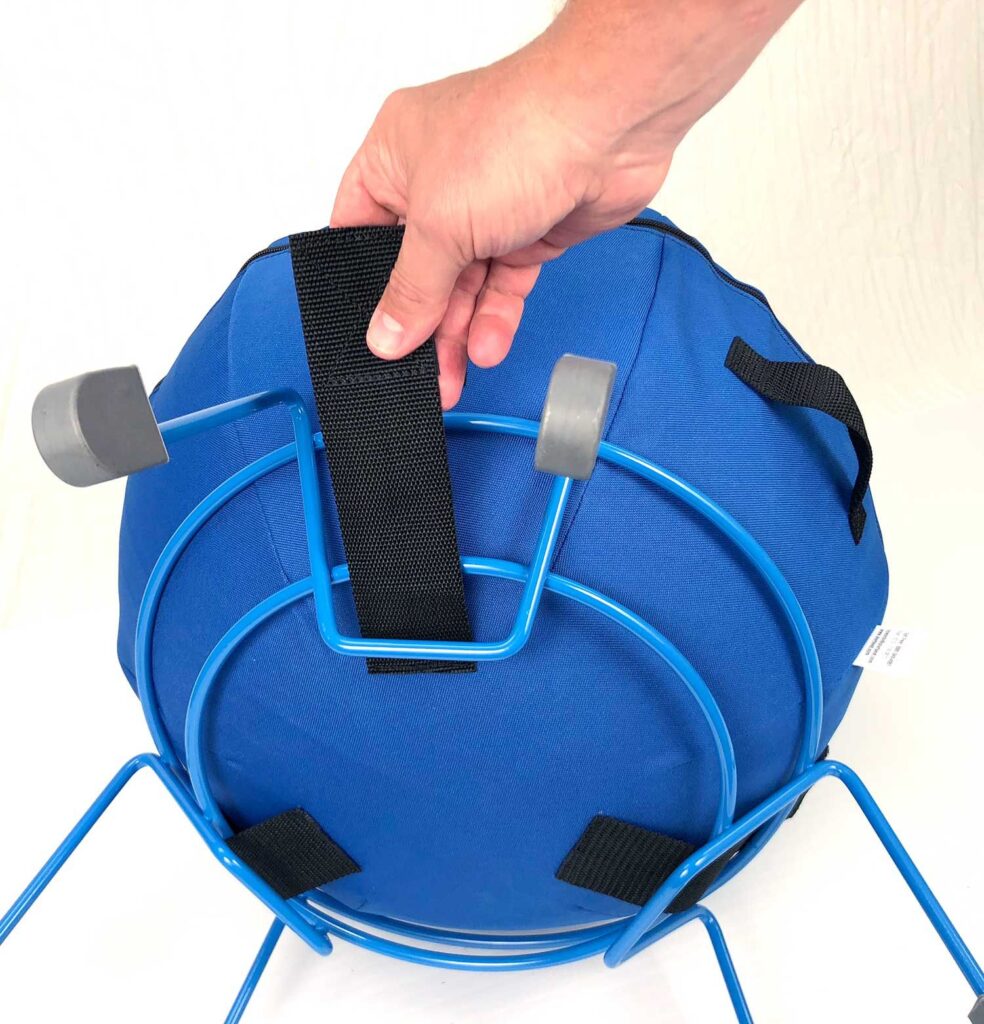We’re thrilled to share the highlights of our exhilarating experience at the 2023 School Based Practitioners Summit, held on August 7th and 8th in the vibrant city of Columbus, Ohio. This event brought together school based practitioners from across the region to exchange knowledge, discover new treatment tools, and forge meaningful connections. As part of this inspiring event, we’re excited to unveil the top five best-selling products that left attendees buzzing with excitement.
1. Letter Treasure Hunt: Handwriting Fun in the Form of a Great Game!

Topping the charts of the summit’s best sellers is Therapro’s own innovative game, Letter Treasure Hunt. This engaging tool takes handwriting practice to a whole new level through interactive play. Designed to captivate young minds, this game facilitates letter recognition, gross motor challenges, and social interaction. With Therapro’s commitment to combining fun and education, Letter Treasure Hunt was a clear favorite among attendees.
Pro Tip from a physical therapist in attendance; instead of writing letters, challenge players to imitate those letters with their body to change the skill focus from handwriting to body awareness!
2. Crayon Rocks: Ignite Creativity and Fine Motor Skills
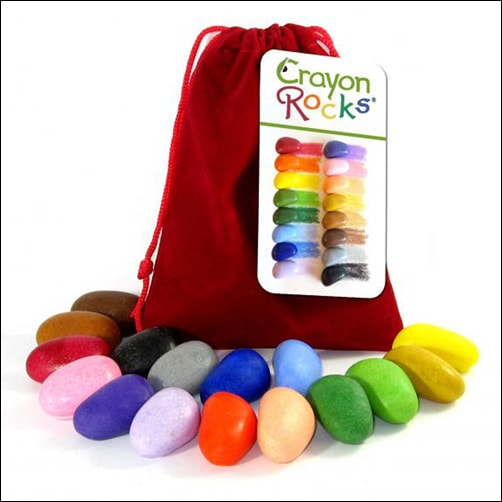
In a world of digital distractions, Crayon Rocks stood out as a timeless gem. These vibrant, eco-friendly crayons provide an excellent platform for sparking creativity and refining fine motor skills. Their ergonomic shape encourages proper pencil grip, setting the stage for future writing success. At the summit, practitioners recognized the value of fostering creativity through simple yet effective tools like Crayon Rocks.
3. Happy Senso Sensory Gel: A Sensory Delight
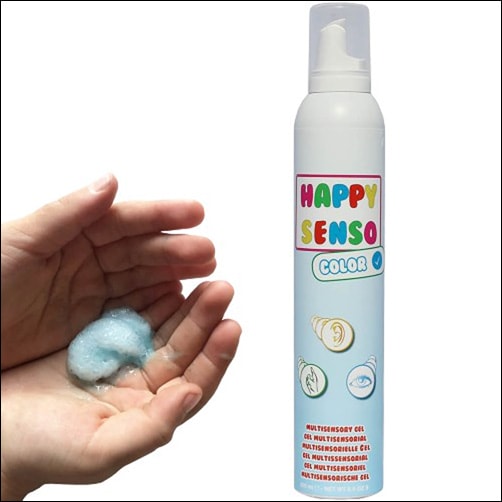
Happy Senso Sensory Gel added an element of multisensory wonder to the summit. This versatile gel stimulates a range of senses, making it a versatile tool for therapists. From tactile exploration to sensory integration activities, Happy Senso captivated attendees with its potential to enhance learning experiences and create a sensory-rich environment.
Pro Tip: for an even greater sensory experience, try walking through Happy Senso Sensory Gel!
4. Wiggle Wobble Chair Feet: Enhancing Focus and Engagement
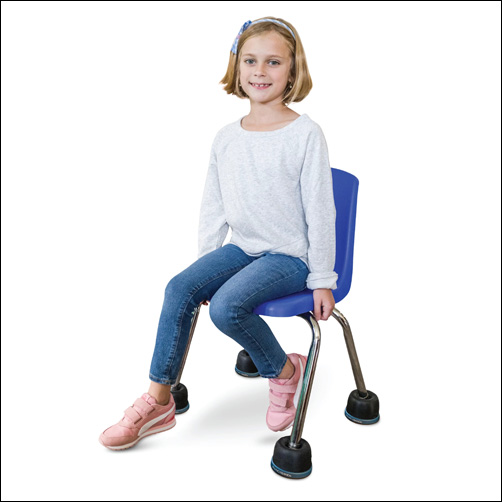
Recognizing the need for subtle sensory solutions in educational settings, the Wiggle Wobble Chair Feet received high acclaim. These clever attachments transform ordinary chairs into dynamic seating options, encouraging movement and improving focus. Attendees discovered how this simple yet effective solution can have a positive impact on students’ engagement and attention spans.
5. Flick Stick Fidget Toy: A Pocket-Sized Solution

Fidgeting finds a purpose with the Flick Stick Fidget Toy, which rounded off our list of top sellers. This discreet tool fits in the palm of a hand, providing a soothing outlet for restless fingers. Its satisfying flicking motion aids concentration and stress relief, making it an ideal addition to classroom and therapy settings.
A Journey of Innovation and Collaboration
The 2023 School Based Practitioners Summit was a resounding success, underscoring the importance of innovation and collaboration in the field of education and therapy. At Therapro, we are committed to providing professionals with the tools they need to create engaging, effective, and inclusive learning environments. The summit allowed us to connect with passionate practitioners and showcase products that align with our mission.
As we reflect on this exciting event, we extend our gratitude to all those who participated, shared insights, and explored our product offerings. Your enthusiasm fuels our commitment to supporting educators and practitioners in their noble mission of empowering young minds.
Thank you for being a part of the Therapro community, and we look forward to more opportunities to learn, grow, and innovate together.






